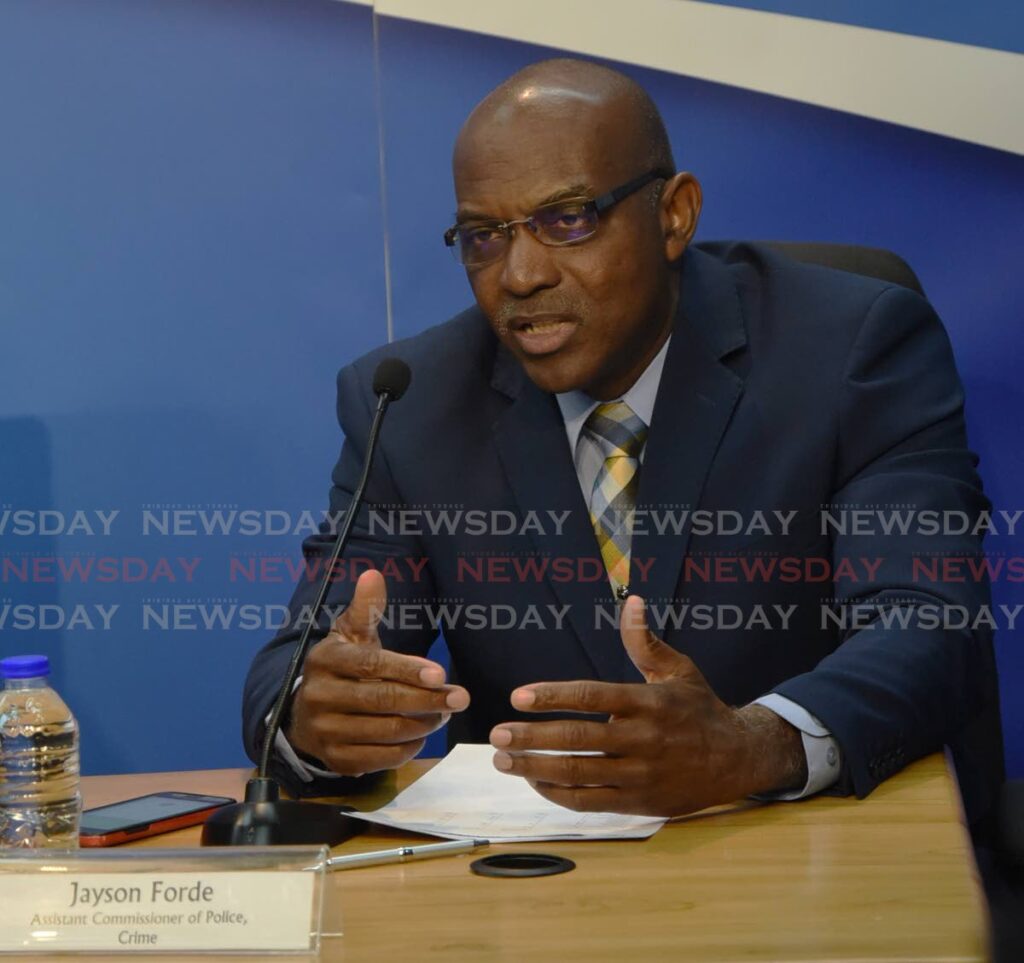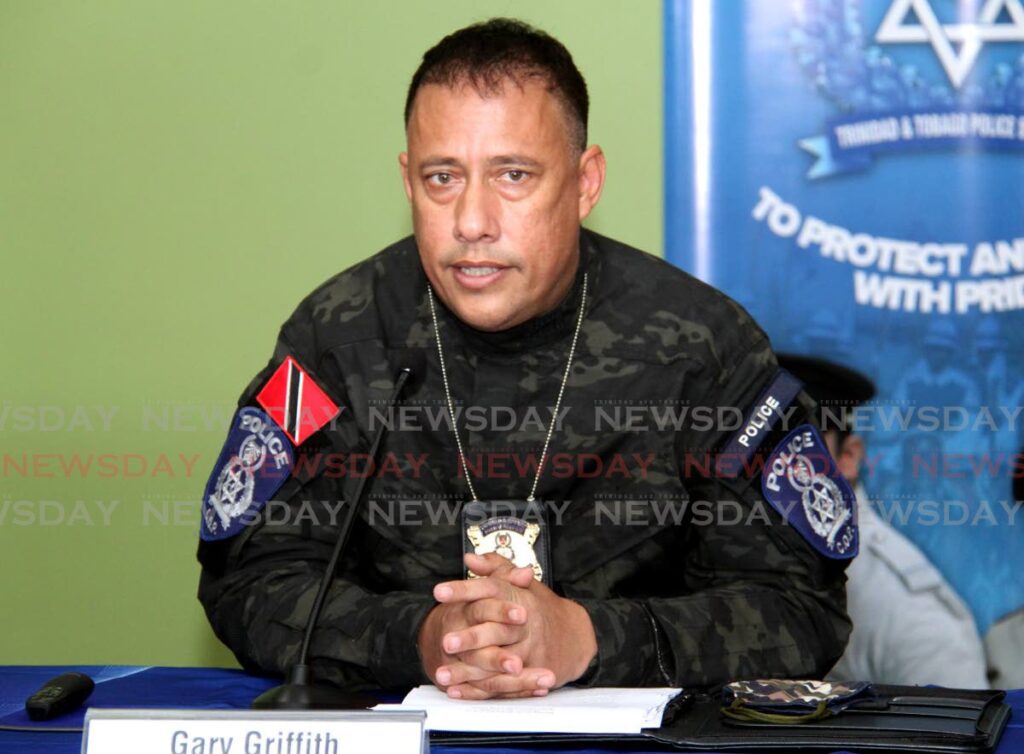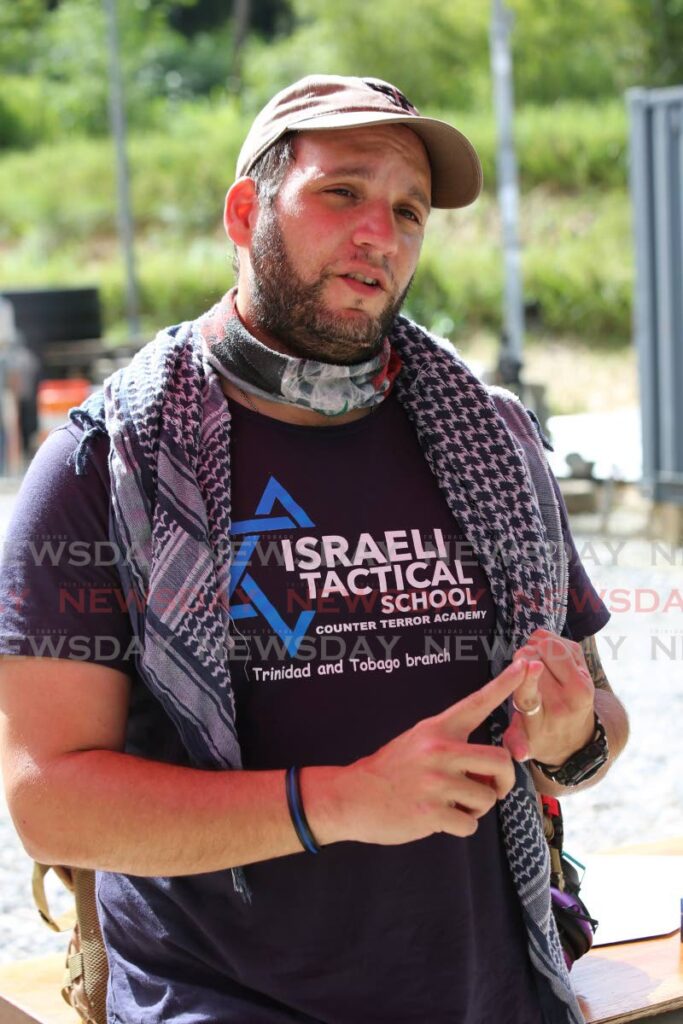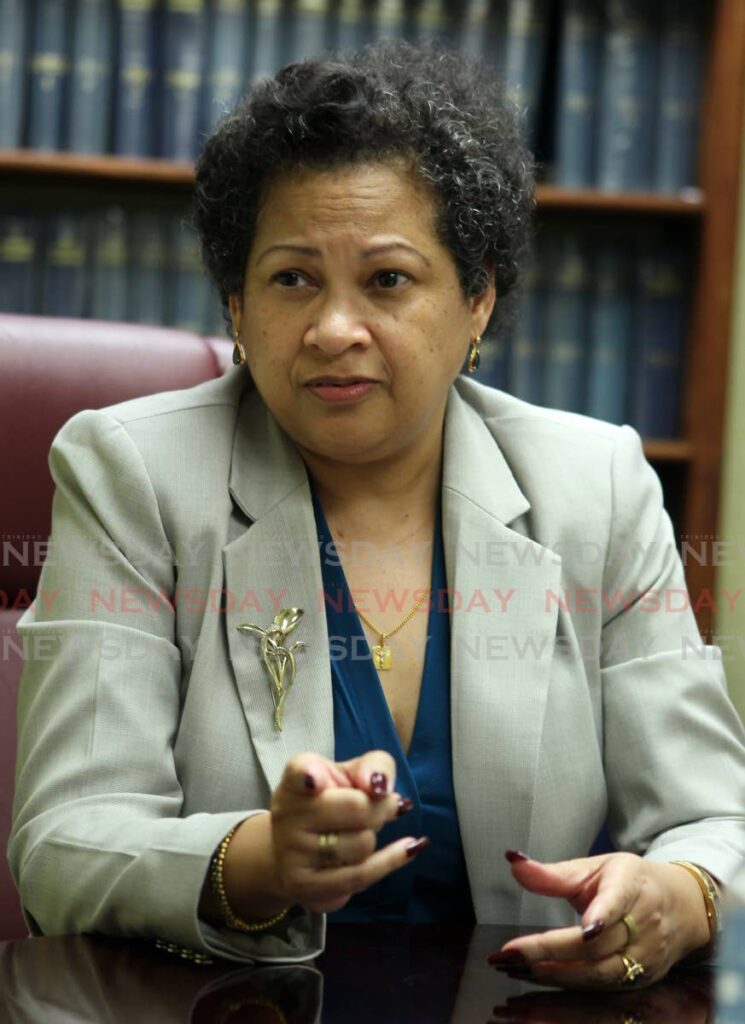Activists: Trinidad and Tobago must upgrade technology in crime fight

Dwight Andrews, former strategic advisor in the Ministry of National Security, says the country needs to embrace technology and start integrating it in order to fight crime because old strategies cannot be used to stop new techniques.
“We always hear crime is a problem, particularly with the youth. We hear that over and over again. Yet still, many of our strategies are from a time passed. We still have roadblocks that cause traffic jams for two miles. How does that make sense? There is WhatsApp. Fifteen minutes after your roadblock is set up, it’s moot.
“We have to start to think differently in this country. We have to start to embrace technology, integrate technology, and figure out how to use it effectively to assist with the scourge of crime.”
He made the statement at the media launch of the Coalition of Concerned Patriots (CCP) at the Hyatt Regency on Saturday. There, members said they were ready to give their time and expertise, free of charge, to any individual, NGO, community, MP, or the State on issues of national security.
As such, they have already written to the chairman of the National Security Council, the Prime Minister, and offered their assistance.
The informal group believed, with the increase in serious crime over the past eight months, TT was at a critical point in terms of crime and criminality and a course correction was necessary. It said people needed to put aside politics, be proactive instead of reactive, and come together for the benefit of the country because too much was at stake.

The group included people willing to “give back to their country” and “help transform the nation,” including former commissioner of police Gary Griffith, businessman Peter George, Pastor Clive Dottin, attorney Larry Lala, former deputy commissioners of police Jason Forde and Wayne Dick, retired Wing Commander Felicity Phil Diaz, law enforcement consultant and firearms expert Paul-Daniel Nahous, CEO of Heller Security Services 1996 Ltd Dwight Williams and others.
At the press conference, Griffith said the CCP would work with stakeholders to analyse a situation and look at the resources and tools, to come up with an efficient and affective plan.
“We’re just here to help. We’re here to provide guidance, support, advice, and even constructive criticism, because it can also play a part towards ensuring that our national security resources can be utilised in an effective and efficient manner.”

Nahous added that, one of the reasons they chose to come together now was because the threat level was high with the number of illegal weapons coming into the country, the type of weapons now accessible to gangs, and the manner in which gangs were now operating.
Retired Brigadier General Carlton Alfonso, a former national security minister, stressed that transformation was possible but only if people worked together.
He also said it was “disgraceful” and “obscene” that there was an “indefinite” acting commissioner of Police in TT. He went on to say he believed former CoP Gary Griffith did a good job in the post and defended him from detractors saying he was a man who would get the job done.
“Gary has been accused of being disrespectful. We all know that he had a little clash, if you will. The Gary I know was trying to get his point across, and maybe the Prime Minister wasn’t hearing exactly what Gary was saying.”
Norman Dindial, maritime consultant and retired lieutenant commander with the TT Coast Guard, said, as an island nation that imports most things, the country needed to “build our blue economy.”
He said security, especially in the maritime field, was not just about borders and immigration. It was related to economics, food, health, energy security and more as much of the country’s goods and facilities arrive through sea ports. He added that illegal guns, drugs, illegal migration, and human trafficking also passed through the country’s borders.
He said current and previous administrations put millions of taxpayers’ money into acquiring technology but that money was wasted as the technology was put aside with each new administration.
“We have a national centre that was developed and brought to life by Mr Griffith. What has happened to that? The Coast Guard has a lot of assets sitting down there. What is happening to them? The police service also. Yes, we would like to have all the tools but the reality is, we know the TT government doesn’t have money at this time. But we need to operationalise the things that we do have.”

Nyree Alfonso, known as the “maritime attorney,” said the prevalence of high-powered weaponry in the hands of criminals had to be addressed and promised to do her part in stopping them from coming in through TT’s boarders.
However, she warned, “Any attempt by the current police apparatus to dismantle firearms which are in the hands of law-abiding citizens who are attempting to defend themselves, or who want the chance to defend themselves, will be resisted.”
In addition, businessman Peter George said when crime increased, people felt less safe, confidence in continuing economic activity decreases, which resulted in economic contraction.
“Economic contraction, coupled with what we are seeing now, with inflation, it’s a very ugly mix.
“We don’t have the ability to insulate ourselves from the external shock that we are seeing.”
Former deputy commissioner of police Jason Forde said the security of the country rested with the State so there should be a partnership with the police and the Ministry of National Security, and the Coalition.
“The solutions are viable, they are workable, but on their own, in a silo, they are useless. If the minister and the commissioner are not onboard, then we’ll have plenty solutions but no implementation.”

Comments
"Activists: Trinidad and Tobago must upgrade technology in crime fight"